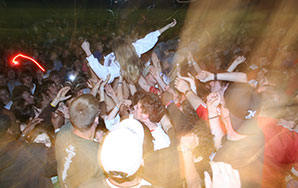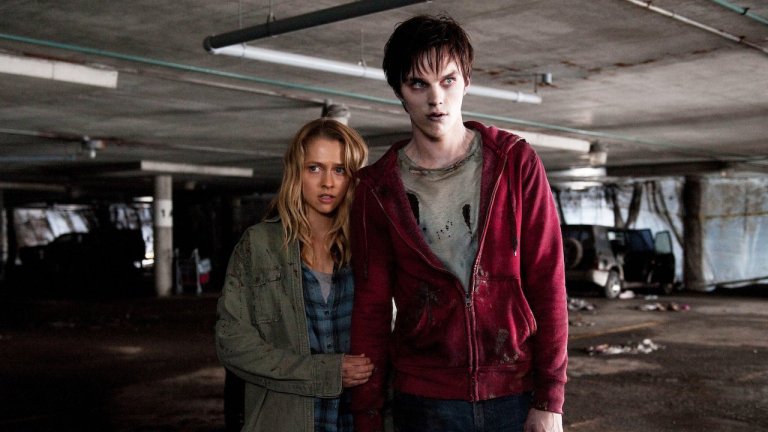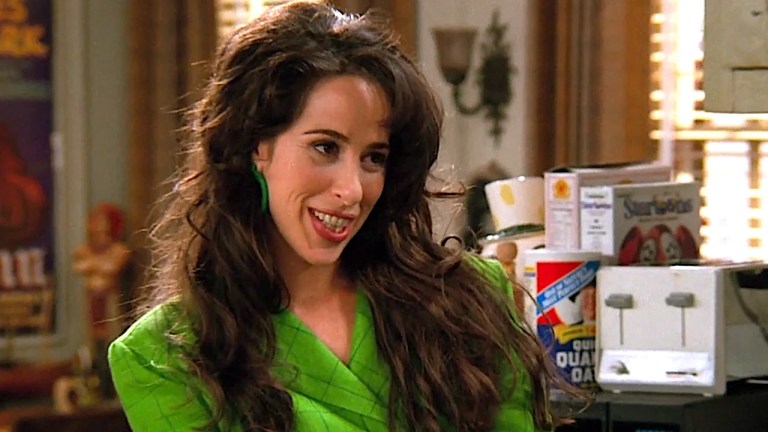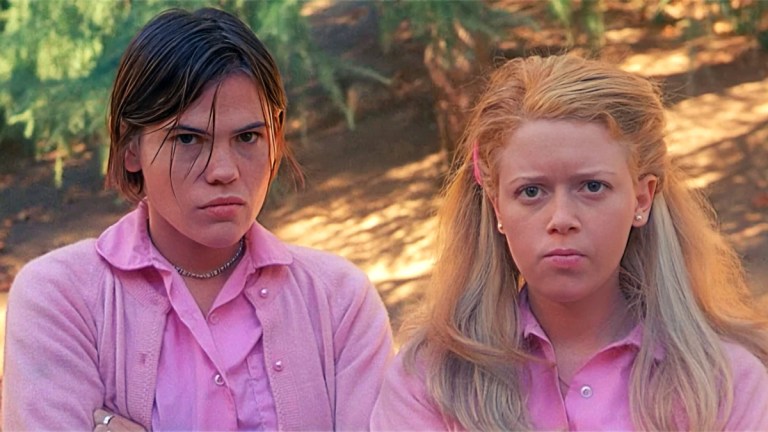
If I Could See All My Friends Tonight
We all promise we won’t lose touch. Friends forever. You’re like my brother. My sister. I won’t be gone for that long. We’re not going to change that much.
We all promise we won’t lose touch. Friends forever. You’re like my brother. My sister. I won’t be gone for that long. We’re not going to change that much.
On “Smoke Ring For My Halo,” Kurt Vile sings “My best friend’s long gone, but I’ve got some runner-ups.” Never mind that it should have been “runners-up,” this is how I felt for a lot of my 20s. I met a lot of people along the way and very few measured up to the idea I carried with me of the friends I made in adolescence and college. Eventually, I came to realize how narrow my thinking had been. The kind of limited thinking that leads to further isolation. Over the years I’ve met people just as good as my old buddies. But that doesn’t mean they’ll ever take the place of those first, best friends. Unless there is a betrayal or another form of irreversible falling out, those people exist in your memory as lighthouses guiding your mind to better times.
When you watch something as powerful and affecting as John Cassavettes’ “Husbands” (1970), which I’ve seen many times, and is the best of his work, you are reminded how, in this modern world that pulls us not just to the farthest reaches of our continents, but to the far reaches of the earth, rare life-long friendships are. And what they’re worth. Before the juvenile “The Hangover” and any other Judd Apatow-ish bromance there was “Husbands: A Comedy About Life and Death and Freedom.” One of the truest films about male friendship I know.
It begins with a strong dose of memento mori—the death of a best friend. They were four. Now they are three. The kind of sentiment I remember invoking with my own friends growing up. Standing on a Nebraska ditchbank, smelling like OFF mosquito spray, drunk on Coors Light, saying “we’re not going to be alive forever.”
Actors Cassavettes, Peter Falk, and Ben Gazzara (Gus, Archie and Harry) respond to their friend’s death by declaring they will first get very drunk, which they do, then they start struggling with the idea of their home lives and their jobs. It’s never quite detailed, but we know that the three of them live on the same street in a New England suburb and seem to have been friends for a long time. They are bonded by their friendship, but they are also bonded by their wives and their kids and their houses. Maybe it’s their friend dying that gives them the idea that they too need to escape. Maybe they were looking for an excuse. Hating yourself is one thing. Hating the life your friends lead, who have the same life as you, is stronger cause for action. Seeing something you don’t like in someone else might lead you to change your own life.
What I didn’t know when I was standing on that Nebraska ditchbank, or in those college bars, or even later moving to a new city with my friends, was how scattered we would get anyway. To Colorado. California. Korea. We would never have lives like Gus, Archie and Harry, all on the same block, still friends after marriage and kids. Is this how it is for everyone now? Does all of our constant moving destroy our chances of keeping life-long friends close by? Are we doomed to the occasional reunion? The attempt at acting the characters we used to play?
Our freedom and our travel pushes us away from the people we leave. They aren’t left behind, not in a negative sense, but there is a separation there. Experiences formed with new people in new places. We live our lives and the world does its work on us until we become alien to the people who knew us. We learn strange things. Different languages. Different places. Different ways of thinking.
We end or leave the things that bonded us together—geography, college, a city, a job—and start again. The people in those new places fill voids, and you compare them to your old, trusted, loyal friends. Until you recognize that they’ll never fill that void and stop with the comparisons. You’ll never meet the same person twice. If you think you have, just give it a minute. We like to compare people just like we compare places. It gives us a reference point. But it’s reductive and limiting to think like this.
The life you want is almost never what someone else wants. Your partner is probably secretly wishing you’ll want to move to the city one day. Your partner is probably secretly wishing you’ll give up that dream of moving to the Black Hills to raise horses with a bull mastiff named Brutus. Your partner is probably secretly wishing things will never change.
That old LCD Soundsystem song used to evoke a lot of nostalgia in me. “If I could see all my friends tonight.” We do get together sometimes. It happens now at weddings and occasionally other random reunions, and it’s one of the great joys in my life, to get a big group of friends together. That’s the most I can ask for, and the best I’ll ever get.
I wish I could have both. I wish I could have the domestic life with my old friends that we’d want to escape and I wish I could have the life I have that I don’t want to escape but is far from my friends. I chose the latter and gave up something big. ![]()











